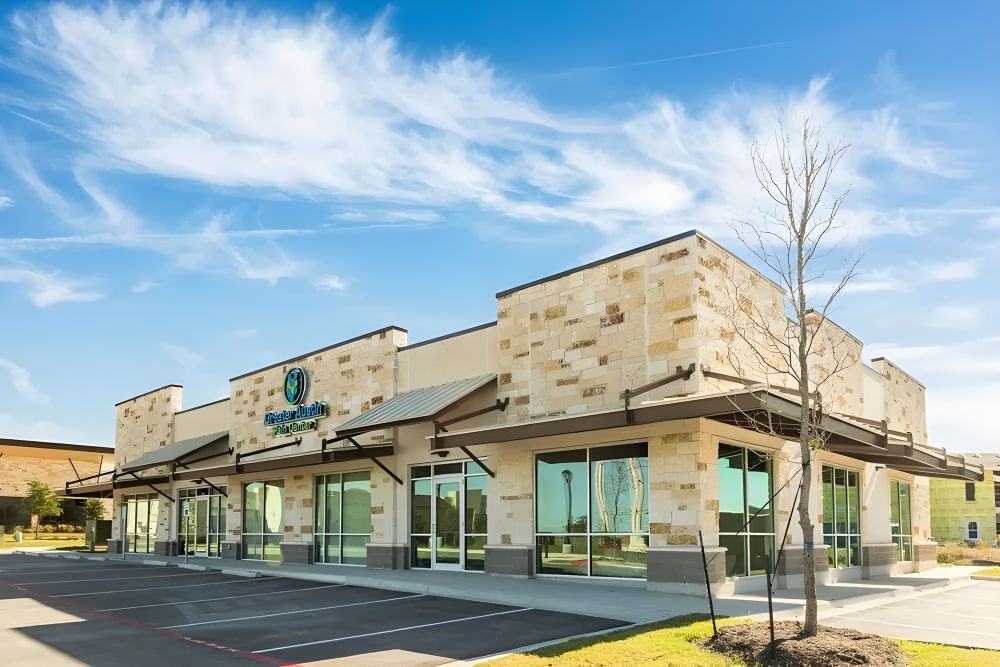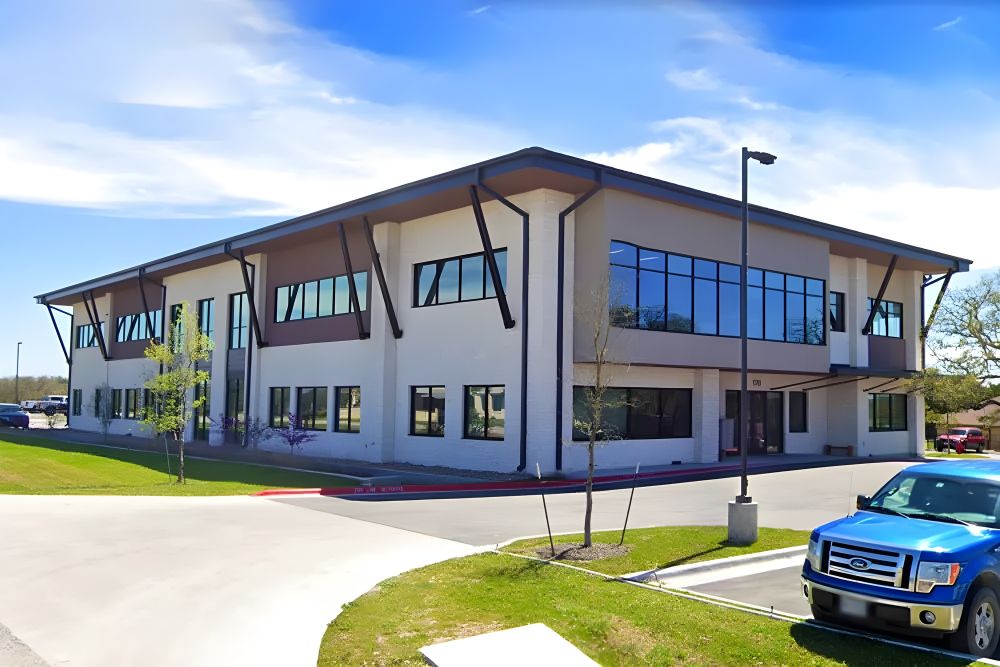What is This Sharp Shooting Pain in My Leg That Comes and Goes?
May 14, 2019

Have you been experiencing a sharp shooting pain in your leg that comes and goes? This type of pain is often mistakenly self-diagnosed as hip pain. If you're dealing with this pain, however, there’s actually a good chance you’re dealing with sciatica. Let’s take a closer look at this nerve pain condition.
What is Sciatica?
As its name suggests, sciatica involves the sciatic nerve. This nerve runs all the way from your lower spine to your feet. It is responsible for controlling the muscles in the back of our knees and lower legs. As the longest nerve in your body, it's also responsible for detecting sensations in the back of the thigh, the calf, and the bottoms of the feet.
When the sciatic nerve becomes irritated, compressed, or inflamed from a stiff muscle or a herniated disc in the back, you’ll likely feel a sharp shooting pain in your leg. The level of discomfort will vary from one person to the next. There are typically two different forms of sciatica: acute and chronic. While acute sciatica may heal in only a few weeks, chronic sciatica will cause pain for more than three months.
How is Sciatica Diagnosed?
To find out whether or not you have sciatica, the best approach is to be seen by a specialist. Aside from performing a physical exam, your doctor may also use imaging tests such as X-rays and MRIs. Any other underlying medical conditions need to be ruled out. If you suspect that the cause of your back pain is rooted in sciatica, you should contact a sciatica specialist. After being diagnosed, you can begin your road to recovery.
Treatment
Fortunately, the overwhelming majority of patients being seen for sciatica won’t need surgery. In most instances, physical therapy will help reduce symptoms. Your therapist will likely focus on enhancing your flexibility with stretching exercises. This should help counteract your stiffness, which is among the biggest causes of sciatica. Strengthening of the stomach, leg, and lower back muscles is just as important. Your spine needs as much support as possible.
The goal is to get you back on your feet quickly. Although rest is important, you definitely don’t want to become inactive for a long period of time. In fact, too much bed rest will actually worsen the symptoms of sciatica. Sitting for long periods can also cause problems. While over-the-counter pain medications can help with any mild discomfort, your doctor may also prescribe a muscle relaxant or a steroid to reduce inflammation.
Recovery
In order to avoid sciatica from causing sharp shooting pain in your leg again, you may need to make a few lifestyle changes. Exercising and stretching on a regular basis is definitely in your best interest. By doing so, you’ll be able to keep your muscles and spinal joints in good health. Because anxiety can also trigger the symptoms of sciatica, it’s a good idea to develop positive ways to cope with stress.
If you have any questions about sciatica or need to be professionally treated, be sure to contact Greater Austin Pain Center. Our top rated Austin pain clinic offers a different approach to pain management, and provide the treatment you need! Don't hesitate to call for an appointment.

















